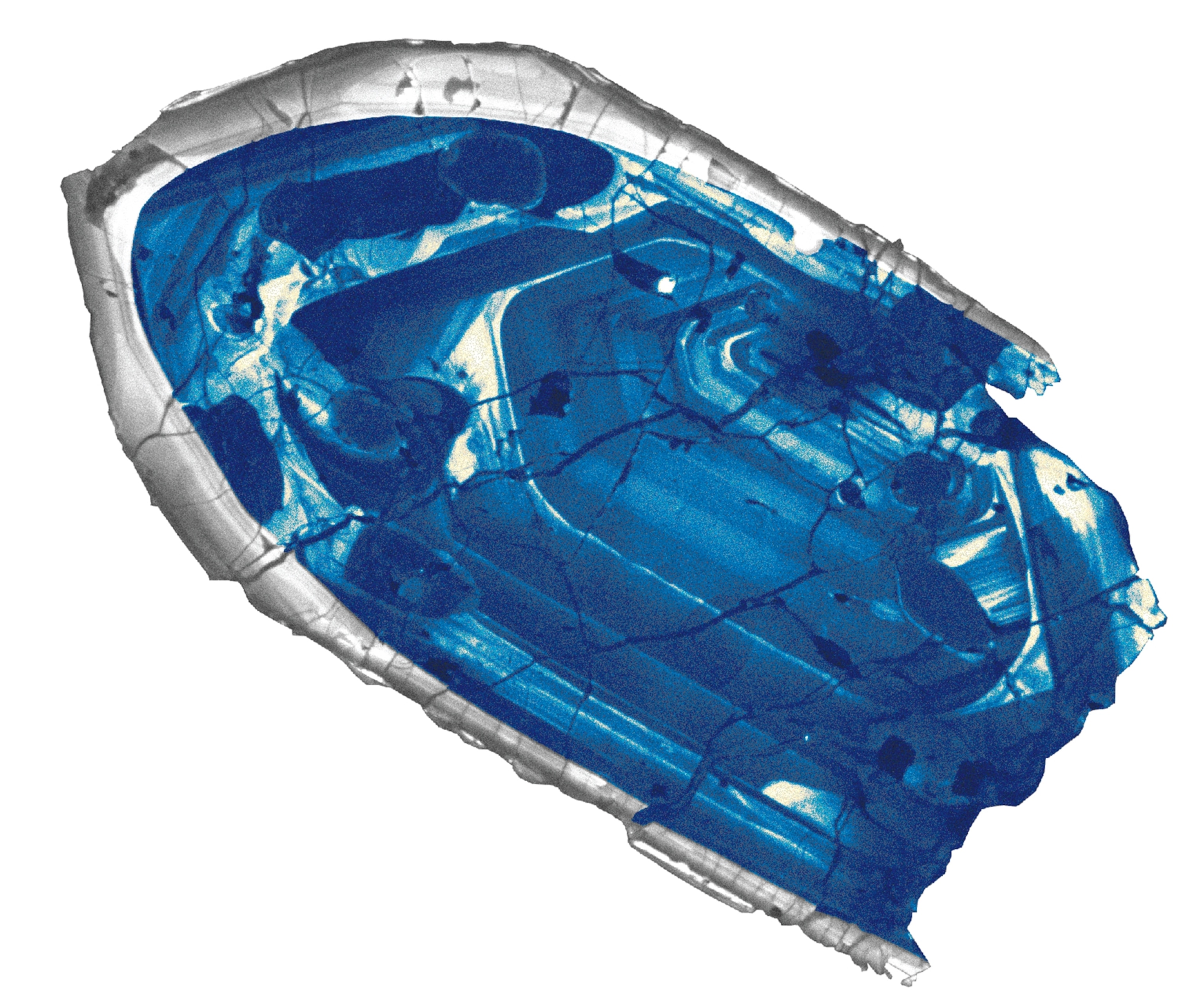
Earth's Oldest Crust Dates to 4.4 Billion Years Ago
Earth's oldest known piece of continental crust dates to the era of the moon's formation.
Australia holds the oldest continental crust on Earth, researchers have confirmed, hills some 4.4 billion years old.
For more than a decade, geoscientists have debated whether the iron-rich Jack Hills of western Australia represent the oldest rocks on Earth. The new findings rely on atom-scale analyses of tiny crystals in rocks that solidified from lava there eons ago. (See also: "Oldest Rocks on Earth Discovered?")
"This confirms our view of how the Earth cooled and became habitable," said study leader John Valley of the University of Wisconsin-Madison, in a statement. "This may also help us understand how other habitable planets would form."
Earth itself is a bit more than 4.5 billion years old, and the researchers hope the new finding offers insights into the formation of the moon and the first continents. The Jack Hills rocks formed only about 160 million years after the formation of the solar system—which is surprisingly early.
The zircon crystals analysed by the researchers in the Nature Geoscience journal study point to Earth's earliest crust cooling from a planet-wide lava ocean. The lava ocean was likely born in the astronomical collision that created the moon.
Ancient Radiation
In the study, the researchers sought to confirm, or disprove, earlier findings that had made the Jack Hills look like the oldest place on Earth. (A belt of greenstone blocks in Canada's Hudson Bay region is thought to be a similar age.) Radioactive dating done in a 2001 study had first suggested the hills are about 4.4 billion years old.
In the new study, the researchers shaved away facets of tiny zircons from Jack Hills rocks to expose the actual atoms of radioactive lead trapped inside the crystals. The clusters they examined contained about 50 atoms each.
Those atoms were trapped inside the study crystals when they solidified from lava. They started out as radioactive uranium but decayed into lead in the atomic process that allows for their dating.
The researchers next examined the lead atoms for signs of altered radioactivity that would have thrown off the earlier radioactive dating attempts. They found none.
Dating the lead atoms directly, they found the age of the zircons was likely 4.374 billion years, give or take 6 million years.
A Trip to the Moon
"The results show that single grains of ancient zircon can yield a rich history, the implications of which date back to the very earliest history of our planet," says MIT's Samuel Bowring, in a commentary accompanying the study.
The zircon results, for example, show that it took only about 100 million years for the granite that built the earliest crusts on Earth to form, Bowring says. Researchers didn't know that before.
Most intriguing, the rocks formed very close to the time of geologic mixing that took place when a Mars-size body is thought to have smacked into the early Earth. The impact is thought to have created the moon.
"Although incredibly laborious," Bowring adds, the study team's technique might next tell us more when it's used to examine zircons inside lunar samples and meteorites. "Every scrap of material older than four billion years is therefore of great interest."
Correction: An earlier version of this story incorrectly stated the error range for the zircons' age as 6,000 years.